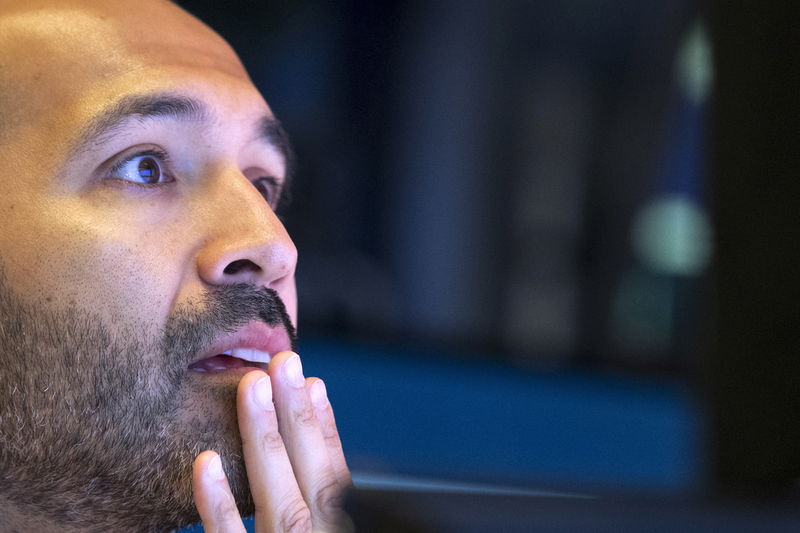(Adds comments from conference call)
Aug 13 (Reuters) - Canadian pot producer Tilray Inc TLRY.O reported a wider-than-expected quarterly loss on Tuesday, as it ramped up investments to boost production and warned of muted growth in the Canadian recreational marijuana market for the second half of the year.
Shares of the company fell 8% after hours.
Canada in October became the first Group of 7 industrialized country to legalize recreational marijuana, but sales have been dampened by supply constraints and prices that are higher than those on the black market.
The company's cost of sales, or the cost related to pot production and its supply, rose more than six-fold to $33.6 million in the second quarter from a year earlier while total kilogram equivalents of cannabis sold surged nearly 270% to 5,588 kg.
Chief Financial Officer Mark Castaneda told analysts that revenue growth in the second half will slow.
"You won't see the doubling of growth like we had this past quarter. You'll see a much more muted growth into the channel for adult-use."
Castaneda attributed the muted growth in part to Health Canada's decision to bring products such as edibles, extracts and topicals to the market only in mid-December, later than many had expected.
Revenue in the quarter rose to $45.9 million from $9.7 million, beating the average analyst estimate of $41.1 million. The net loss widened to $35.1 million in the quarter ended June 30, from $12.8 million a year earlier, and the loss per share of 36 cents was deeper than the 25-cent loss expected on average by analysts, according to IBES data from Refinitiv. results came on the back of increasing demand in the Canadian cannabis sector, which has faced supply constraints.
The larger players such as Canopy Growth Corp WEED.TO and Aurora Cannabis Inc ACB.N , and Tilray have spent heavily to bridge the supply-demand gap, spooking investors waiting for a sign of profitability.
The Canadian market also is seen as a testing ground for companies hoping eventually to expand in the United States, where some states have legalized cannabis despite a federal prohibition.
"We expect the United States and Europe will be two of the largest cannabis markets long term, which is why we continue to invest in our global operations, particularly in those markets," Chief Executive Brendan Kennedy said on a conference call.
Castaneda also said that Tilray could turn profitable by the end of the year if it was not for international expansion.
"If the world were to stop and...no new countries to invest in, we do believe that we'd be positive EBITDA by the end of next year."
